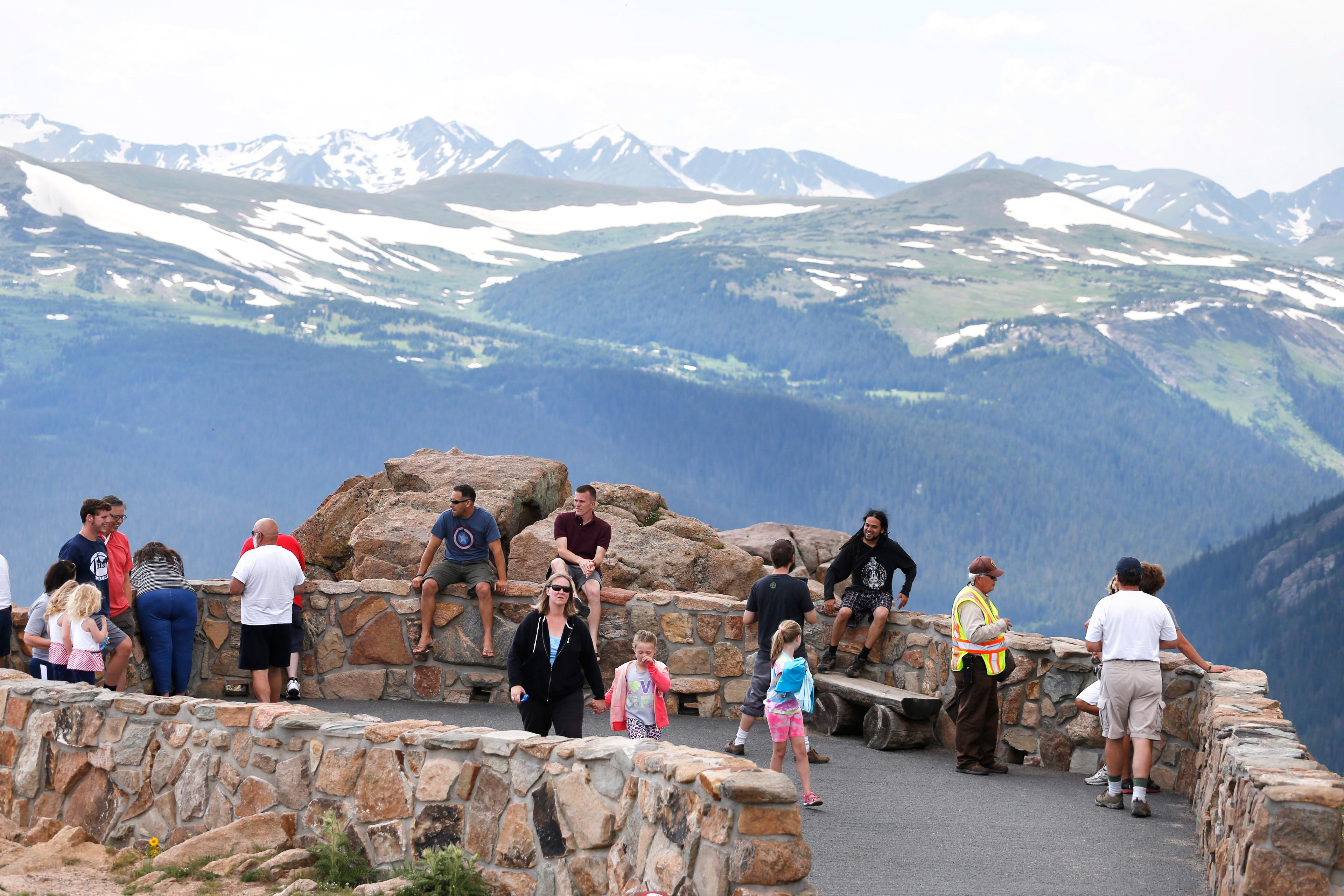

A federal program that seeks to improve air quality across Colorado’s national parks and wilderness areas was the subject of intense debate Wednesday in Denver.
The regional haze rule affects 12 wilderness areas across Colorado including places like Rocky Mountain National Park. Regulators want to update the program to get more input from federal land managers, and extend the deadline for states to comply with future changes.
"There would be significant public health impacts of a strong haze rule," said clean air advocate Cherelle Blazer, who traveled to the meeting from Texas.
But the move raises questions for Will Allison, head of Colorado’s Air Pollution Control Division.
“We think it’s important to maintain the state’s role in certifying visibility impairment at national parks, and not simply cede that authority to federal land managers," Allison said.
Managers of coal-fired power plants say previous versions of the rule have been expensive. Tri-State Generation and Transmission is spending millions installing air pollution controls at its power plant near Craig, Colorado.
"It’s important that those reductions be credited and that further reductions aren’t required," said Tri-State manager of environmental services Lyle Witham.
The current federal program for addressing regional haze in Colorado expires in 2018. It has helped to reduce tens of thousands of tons of air pollutants like nitrogen oxide in the state.









